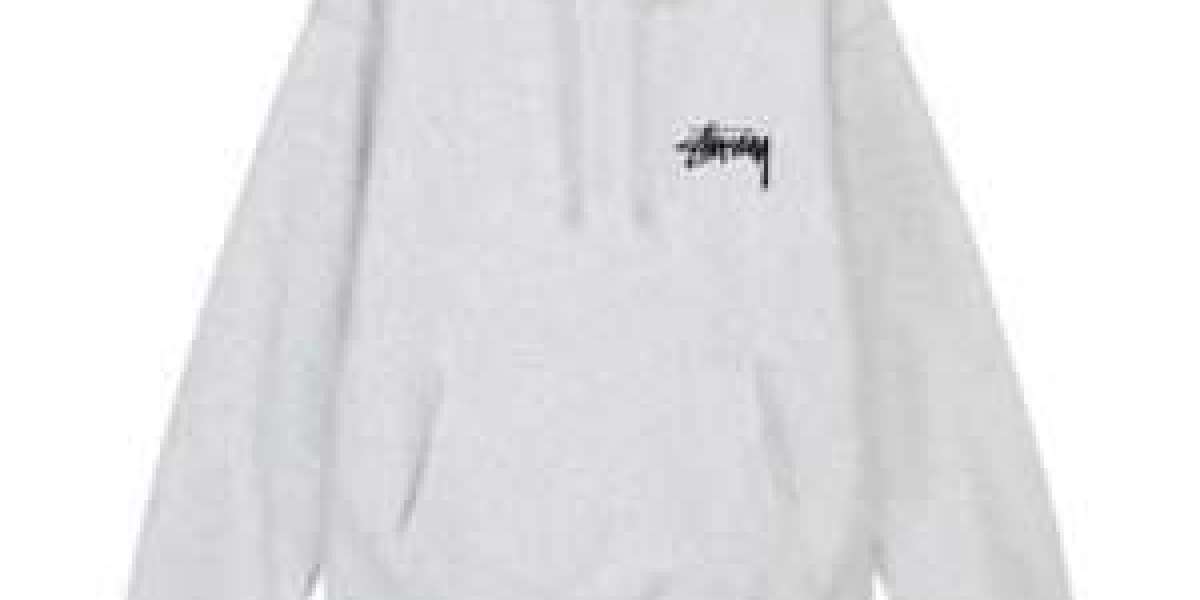Private label products have become one of the most lucrative opportunities for entrepreneurs, eCommerce sellers, and small businesses. Whether you sell on Amazon, Shopify, or your own website, launching your private label line can skyrocket your profit margins and establish a recognizable brand identity.
In this guide, we’ll explore everything you need to know about private label products—from the best niches to enter, to how to source and market them for long-term success.
Table of Contents
What Are Private Label Products?
Private label products are goods manufactured by a third-party supplier but sold under your own brand name. You control everything from the logo and packaging to pricing and marketing.
Examples of private label categories:
Skincare and cosmetics
Supplements and nutrition
Pet products
Home and kitchenware
Apparel and accessories
Private labeling allows entrepreneurs to offer unique products without needing to invent or manufacture from scratch.
Why Sell Private Label Products?
Here are the top benefits of selling private label products:
Higher Profit Margins: You set the price, which often leads to better margins than dropshipping.
Brand Ownership: Build customer loyalty and recognition through your brand.
Market Differentiation: Stand out in saturated markets with custom packaging and unique positioning.
Scalability: Easier to expand your product line once you establish a supplier relationship.
Top 10 Best-Selling Private Label Product Ideas
These product ideas are trending in 2025 and have massive growth potential:
1. Skincare Products
Face serums, vitamin C creams, and moisturizers are booming with high demand and low entry barriers.
2. Organic Supplements
Ashwagandha, turmeric capsules, and probiotic blends have a loyal customer base.
3. Reusable Water Bottles
Eco-conscious buyers are turning reusable items into viral products.
4. Fitness Gear
Resistance bands, yoga mats, and massage guns are perfect for at-home workouts.
5. Pet Supplies
CBD for pets, organic treats, and grooming kits are booming.
6. Home Fragrances
Scented candles and diffusers add luxury appeal to a brand.
7. Hair Growth Oils
Natural hair care has become a dominant niche with private label potential.
8. Baby Products
Diaper bags, organic baby wipes, and feeding tools are great options.
9. Smart Accessories
Phone grips, ring lights, and Bluetooth gadgets are budget-friendly and viral.
10. Health Teas
Detox teas and herbal blends offer branding flexibility and niche targeting.
How to Find a Winning Private Label Product
Finding the right product is crucial. Here’s how:
Use Tools: Jungle Scout, Helium 10, and Google Trends.
Research Amazon Best Sellers: Check for trending products with high demand but limited competition.
Evaluate Margins: Make sure your COGS (cost of goods sold) allows for a solid ROI.
Check for Branding Potential: Can you add value with packaging or bundling?
Where to Source Private Label Products
Most private label sellers source products from:
1. Alibaba
China-based marketplace ideal for custom packaging and bulk orders.
2. IndiaMart
Great for ethical sourcing and handmade goods.
3. ThomasNet
USA-based suppliers for domestic private label manufacturing.
4. Print-on-Demand Platforms
Ideal for apparel, mugs, and posters (e.g., Printful or Printify).
Amazon FBA & Private Labeling
Amazon FBA (Fulfillment by Amazon) simplifies logistics and storage. Here's how private labeling fits in:
Ship your inventory directly to Amazon warehouses
Amazon handles shipping, returns, and customer service
Focus on branding and advertising
Pro Tip: Enroll in Amazon Brand Registry to protect your private label.
Private Label Branding Tips
A powerful brand goes beyond logos. Here’s how to do it right:
Design memorable packaging
Use consistent colors and typography
Build a brand story that resonates with your target audience
Invest in lifestyle photography for ads and product listings
Marketing Strategies for Private Label Success
Effective marketing turns a good product into a best seller.
1. Influencer Marketing
Collaborate with micro-influencers on Instagram or TikTok.
2. Email Funnels
Capture leads and send offers or educational content.
3. Paid Ads
Run Google Shopping, Facebook Ads, or Amazon PPC campaigns.
4. SEO and Content Marketing
Build a blog, create YouTube videos, and optimize product listings.
Common Mistakes to Avoid
Avoid these pitfalls:
Choosing products with zero differentiation
Underestimating shipping & customs fees
Ignoring customer feedback
Not protecting your brand legally (trademark it!)
Going too broad in your niche—be specific and niche down
Conclusion
Private label products offer an exciting path to building a sustainable eCommerce business in 2025. By picking the right niche, sourcing smartly, and branding effectively, you can launch a product that stands out, builds loyalty, and drives long-term growth.
Whether you're selling on Amazon, Etsy, or your own Shopify store, private labeling allows you to create value and earn more profit per sale.
FAQs
Q1: What is the difference between private label and white label?
A: Private label products are exclusively sold under your brand, while white label products can be sold under multiple brands with minimal customization.
Q2: How much does it cost to start a private label business?
A: You can start with as little as $1,000–$3,000 depending on product type, MOQ, and branding needs.
Q3: Can I sell private label products on Amazon?
A: Yes, and it's one of the most common strategies. Use Amazon FBA for streamlined fulfillment.
Q4: Do I need a trademark to sell private label products?
A: It's not mandatory but highly recommended. It protects your brand and unlocks tools like Amazon Brand Registry.
Q5: How do I test a private label product before scaling?
A: Order small quantities, launch a pre-sale or limited drop, and gather feedback before full-scale production.

